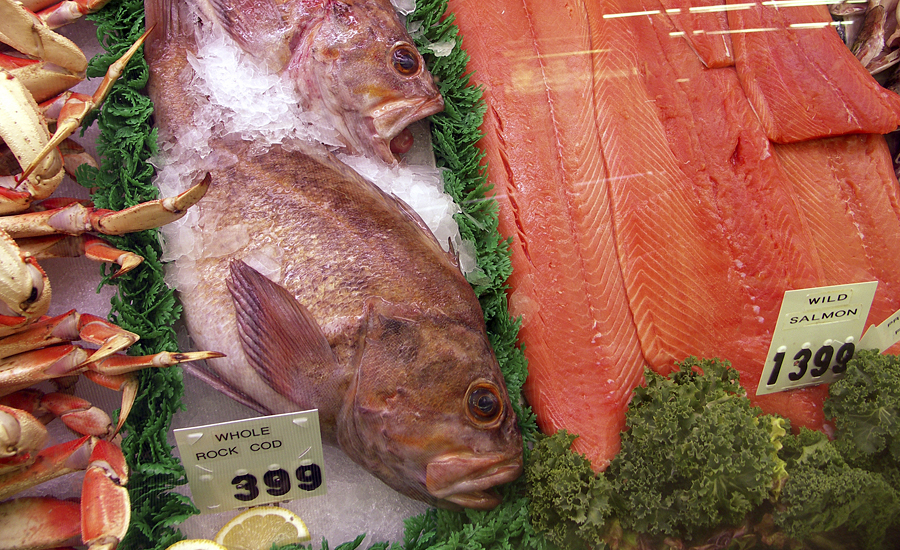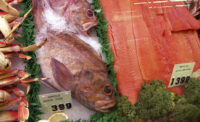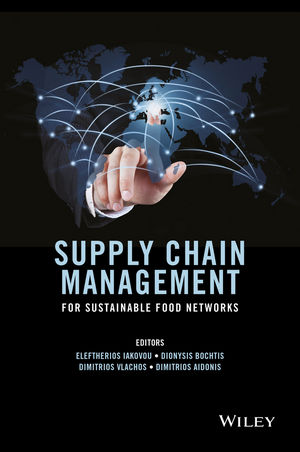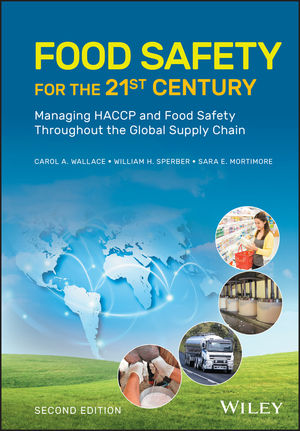New report shows accelerated growth in sustainable seafood supply chain
More than 20,000 products now carry the blue MSC label and can be traced back to fisheries, which meet the MSC’s world-class standard for sustainable fishing.

The volume of MSC-certified catch has increased by 6% since 2014-15, while the MSC-certified supply chain climbed 16% over the same period, according to an annual report published by Marine Stewardship Council (MSC), London.
In fact, between April 2015 and March 2016, the number of processors, restaurants and caterers with MSC Chain of Custody grew from 2,879 to 3,334 companies, operating in 37,121 sites across 82 countries. More than 20,000 products now carry the blue MSC label and can be traced back to fisheries, which meet the MSC’s world-class standard for sustainable fishing.
“Accelerated growth in the MSC-certified supply chain and more MSC-labelled products demonstrate a growing demand for traceable, sustainable seafood,” says Rupert Howes, chief executive officer. “More retailers and brands are choosing to use the MSC label to communicate their commitment to sustainability. Their leadership is helping to drive a chain reaction, from ocean to plate. From certified fishers to seafood consumers, everyone plays a vital part in ensuring that our oceans are thriving for generations to come.”
The report, “From sustainable fishers to seafood lovers,” highlights just some of the commitments made by leading retailers, and shows that sustainability is a key driver for seafood purchase and consumers are prepared to change shopping habits to protect the oceans.
“The MSC provides a mechanism that serves to galvanize a diverse community of change-makers, which is driving real and lasting impacts on the water. Thanks to our partners whose dedication is contributing to healthy oceans, now and for the future,” adds Howes.
MSC-certified fisheries caught more than 9.3 million metric tons of seafood in 2015-16, representing almost 10% of the total global wild caught seafood by volume. MSC data shows that 83% (2.6 million tons) of seafood caught in the Northeast Pacific and 40% (3 million tons) of wild catch in the Northeast Atlantic is now MSC certified. As of March 31, 286 fisheries were MSC certified.
“Increasing accessibility of the MSC program to developing world and small-scale fisheries is also critical to achieving our mission,” says Howes. “The MSC’s Global Fisheries Sustainability Fund along with new tools and initiatives are aimed are helping more fisheries take their first steps on the road to environmental improvements.”
Looking for a reprint of this article?
From high-res PDFs to custom plaques, order your copy today!







